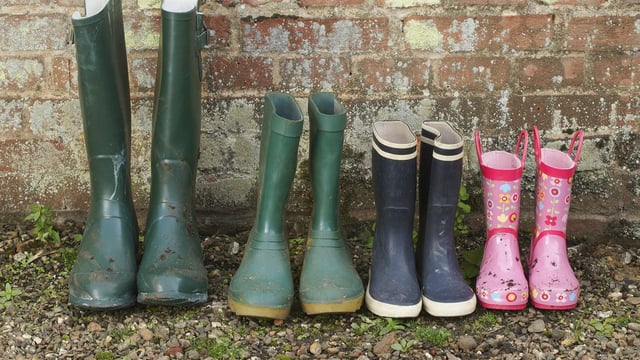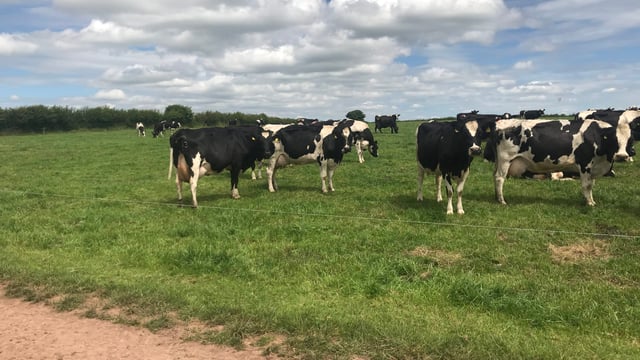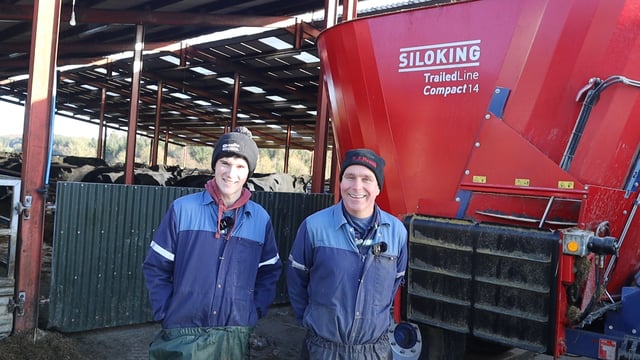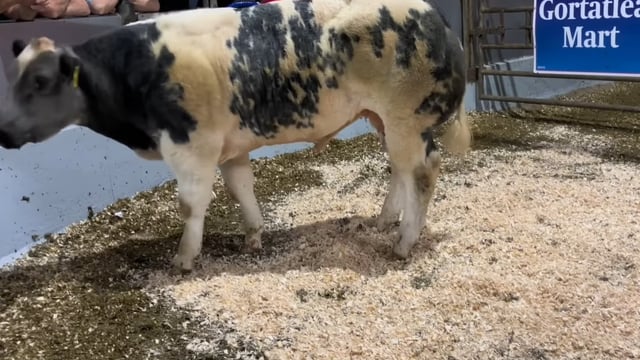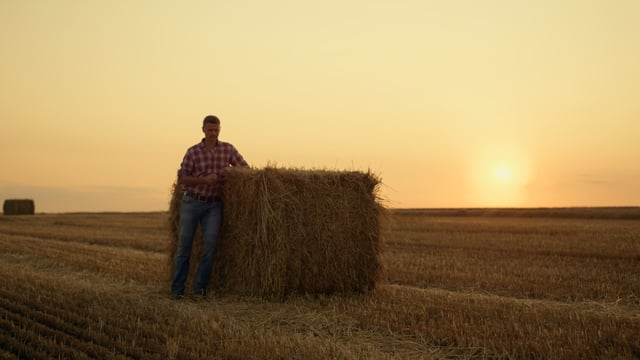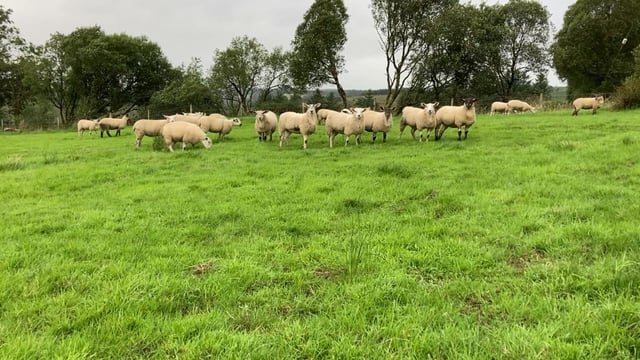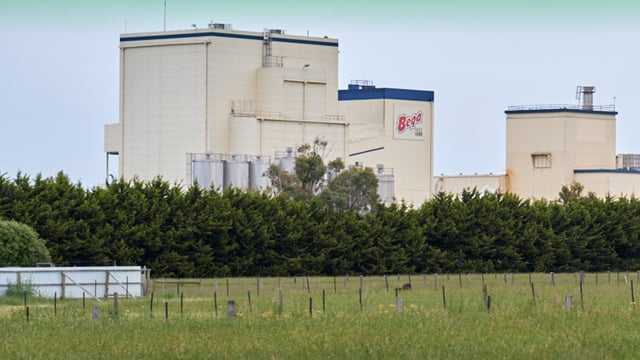'Lack of succession' in field veg sector means production is consolidating
Lack of succession in the horticulture sector is resulting in field vegetable production consolidating.
This is among the key issues facing the industry, according to Bord Bia.
Other challenges Bord Bia outlined are "higher costs of production compared to imported produce, caused by higher costs for energy, labour and inputs like fertiliser".
"Lack of scale compared to imported produce" is also a significant issue the sector faces.
Field vegetable growers
Bord Bia's horticulture team has told Agriland that it has 84 field vegetable growers listed on the Sustainable Horticulture Assurance Scheme - this does not include potato or protected crop growers.
Growers on this scheme can use the Bord Bia quality mark on packs, helping identify the produce as locally-grown.
Bord Bia has a number of initiatives in place to promote the benefits of consumers choosing more fresh, locally-grown, and in-season fruit and vegetables.
Additionally, the Marketing Assistance Programme grants offered by Bord Bia are designed to support Irish companies, including horticultural, in promoting their products.
The grants usually cover financial support for marketing activities such as trade shows, promotional events, advertising, and packaging design, along with assistance for export development, including market research and branding.
Market response
Valued at €521 million (farm gate value), horticulture is the fourth largest sector in Ireland after dairy, beef and pigs in terms of gross agricultural commodity output value.
According to Teagasc, while input price inflation in the horticulture sector in Ireland has been significant in recent years, the impact of weather-related events in the 2024 growing season, followed by significant storm damage in January 2025, has also impacted the sector.
"Investment from the sector to reduce the reliance on labour and the impacts of climate events will require a market response to ensure the economic and environmental sustainability of Irish horticultural production into the future," Teagasc said.
Increasing new people in the sector
There is a commitment in the programme for government to "work to increase new people into the sector, providing more education and training places".
According to Minister of State Michael Healy-Rae, this commitment has been progressed through a review of horticulture curriculum.
The Department of Agriculture, Food and the Marine engaged external consultants to carry out a review of the horticulture curriculum, the minister said.
The Horticulture Education Review Report was launched in May.
"The report contains five recommendations to ensure horticulture course availability and suitability for a modern dynamic sector, enabling the educational platforms to attract talent that will drive the horticulture sector to realise its true potential," the minister said.
"The next step to progress these recommendations is to appoint a chair of the Horticulture Education Leadership Group. This will take place soon."
Access to land
The Irish Farmers' Association (IFA) has proposed a targeted land tax exemption for landowners who lease land for a minimum of two years to horticulture growers.
"This measure would incentivise the increased mobilisation of land, directly supporting national goals for increased horticultural output and crop diversification," the IFA said.
"Ireland’s National Strategy for Horticulture 2023–2027 identifies access to suitable land as a key barrier to sector expansion, particularly for field vegetables, soft fruit, and other high-value crops.
"Despite rising demand and strong market potential, many horticulture growers face challenges securing medium-term access to land."


